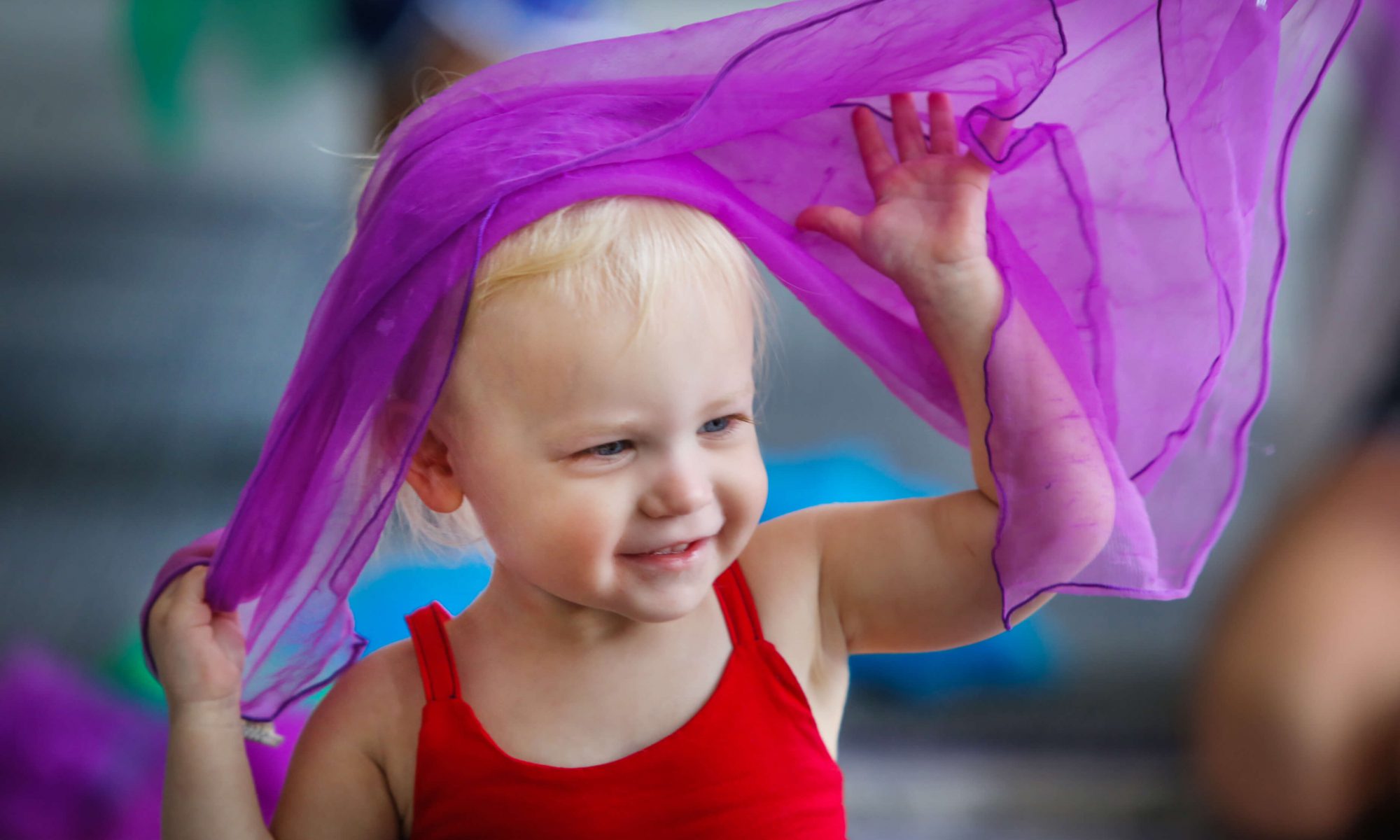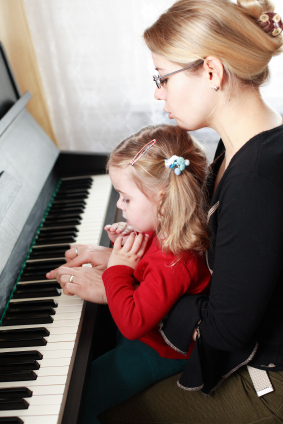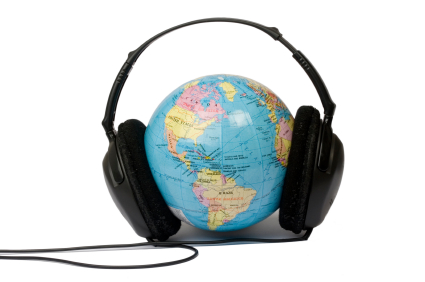[vc_row][vc_column][vc_column_text]We’ve listed the endless benefits of an early childhood saturated in musical experiences before (and we’ll keep doing it, too!). The science is in: music is good for the brain. It’s good for the body. It helps build all types of intelligence. Music making positively impacts language development, creativity, and coordination. When you make music with others, it increases empathy and trust. The list of music’s benefits, particularly for our young ones, seems to constantly grow.
But there’s a benefit that we haven’t really talked about too much: regularly enriching the young life with music leads to a lifetime of music appreciation. It’s really an investment, right? By planting the seeds early, we see beautiful green shoots poke through the surface that will lead to fully-bloomed musical flowers, flowers that will add dazzling colors to the entirety of life’s journey.
[/vc_column_text][/vc_column][/vc_row][vc_row][vc_column][vc_column_text]Here’s the truth friends. Every child is born a natural musician. Every child is born a natural artist. From the first sounds we hear from them, there’s music present. We are musical beings at heart. Don’t you hear music in your baby’s babbling? I know I did. Watch this short video of a mother and child exploring different tones – to the great amusement of both.[/vc_column_text][vc_video link=”https://www.youtube.com/watch?v=HP3v-H6xGtU”][/vc_column][/vc_row][vc_row][vc_column][vc_column_text]That little girl was composing! She was exploring different pitches as her mother interacted with her. She was exploring her musical voice.
What about this little one mimicking her mother’s song? Friends – this is magic. You can see her going back and forth from listening and copying.[/vc_column_text][vc_video link=”https://www.youtube.com/watch?v=SQ58BW_xlcc”][/vc_column][/vc_row][vc_row][vc_column][vc_column_text]
The Next Steps
These attempts to copy what they hear, lead to music-making on their own. How many times did you hear your baby over the monitor singing in the crib? Making music often becomes a method to self-soothe. Remember? Making music releases endorphins which lower cortisol (the stress hormone) levels in the body.
These parents caught their daughter singing Darth Vader’s Imperial March in her crib.[/vc_column_text][vc_video link=”https://www.youtube.com/watch?v=bX_kKA6gXCg”][vc_column_text]Every child’s a singer. Every child’s a drummer. But as we move through our young lives, without regular musical activity and encouragement, we lose a little of that sense of endless possibility. There’s a wonderful story about a group of kids that were studied over the course of several years. In kindergarten, they were asked, “How many of you can sing?” EVERYBODY’S hand shot up. A chorus of “Me! Me! I can!” rang through the room.
Four years later, that group was asked the same question. “How many of you can sing?” There was still a largely positive response, but certainly fewer hands went up.
In middle school, they were asked again. “Who here is a singer?”
Less than half of the room responded affirmatively.
By the time this group of kids was in high school, the number of kids that thought of themselves as possessing the capacity to sing well dropped to 10%.
Somewhere along the way, they forgot that in infancy, each of them was a singing, drumming, dancing artist who brought musical beauty into the world.
So what do we do? How do we keep them engaged?[/vc_column_text][/vc_column][/vc_row][vc_row][vc_column][vc_column_text]
Give Them Experiences!
It’s simple, really. Constantly bring music into your kids’ lives. Start while they’re in the womb. Have music playing when they are born. Sing to them every day. Play music for them. Bring them to kid appropriate concerts. As they get older, make daily activities like cleaning up or making the bed musical activities. Make up silly songs for everything.
Make music their second language. These are the seeds that lead to those shoots of green that lead to a garden of life full of musical flowers. The more experiences you give them, like our wonderful Kindermusik classes, will get them addicted to something that will only enhance the quality of their lives.
Music feeds the mind…music feeds the body…music feeds the soul.[/vc_column_text][/vc_column][/vc_row]







